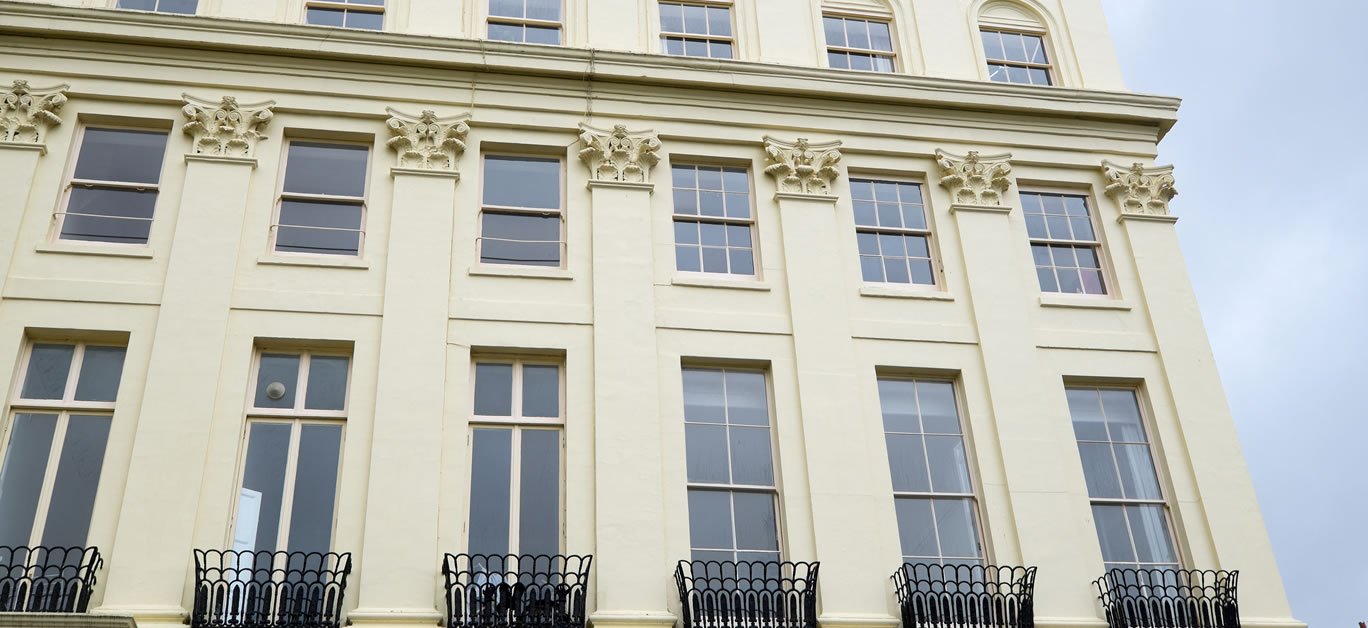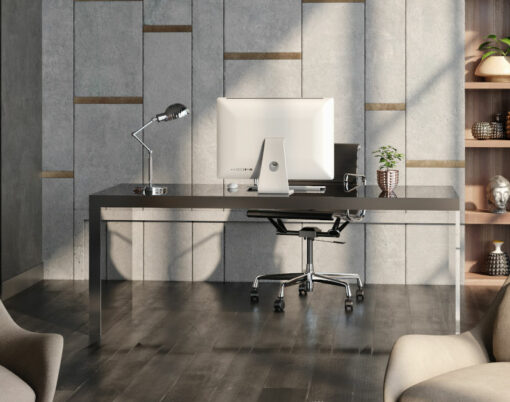Renovating a regency property is a big undertaking, but the results can be exquisite, ending with a light, spacious and impactful home. Once any structural work is completed, there is lots of fun to be had with the décor, giving you the opportunity to have fun and be brave in your choices, from exquisite vintage wallpapers to beautiful Westland London antique pieces which would look great in a regency home.
It is good to know what you are getting yourself into before you commit to the project and begin any renovations, so if you’re considering a renovation of a regency property then read on for all you need to know on how complete the job to a high standard.
Costing the renovation
When renovating a regency property, there are some key considerations to make before you commit and begin. It is good to have a clear idea of how much it is likely to cost with any renovation. A good first step is having a quantity surveyor assess the building, they can assess the costs of the renovation, and make you aware of any structural issues or legal requirements of the renovation project.
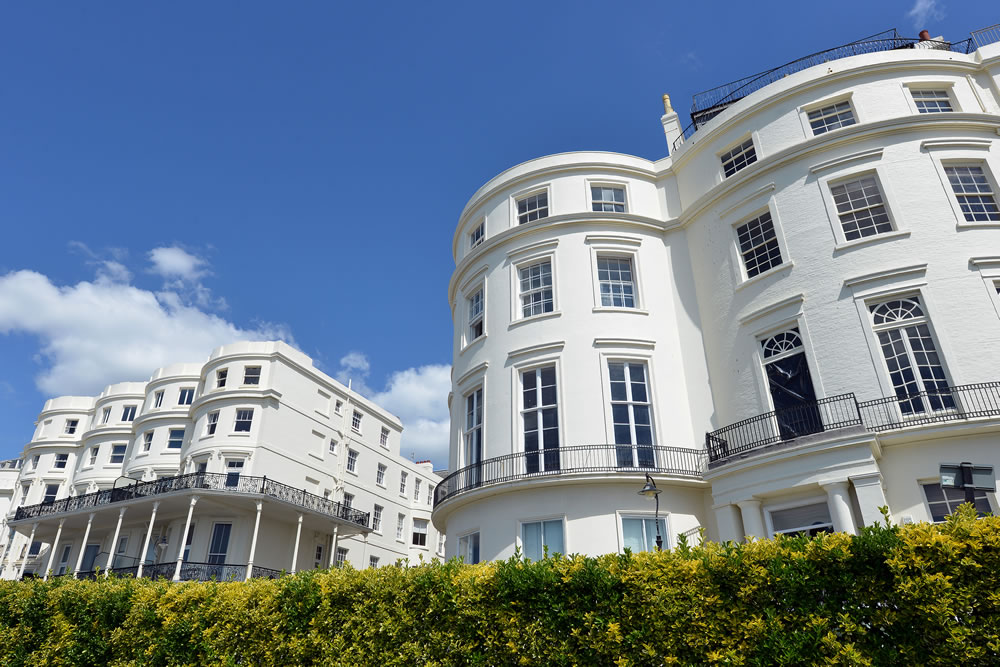
Once you have an idea of the costs, include a contingency fund in case something unforeseen crops up outside of your allocated budget. Forward planning on costs will ensure you don’t get any nasty surprises or run out of funds halfway through your dream renovation. Potential hidden costs to consider may include electrical rewiring, roof repairs or replacing windows.
Listed buildings and reconfiguring the space
Many regency properties will have strict rules on structural changes to the building. Some of the changes that you may want to make may not fall within the legal requirements of the property. It is important to understand whether the building is listed, and if so, how that may impact your renovation plans. You can then adapt accordingly to ensure you get a final result that you’re happy with.
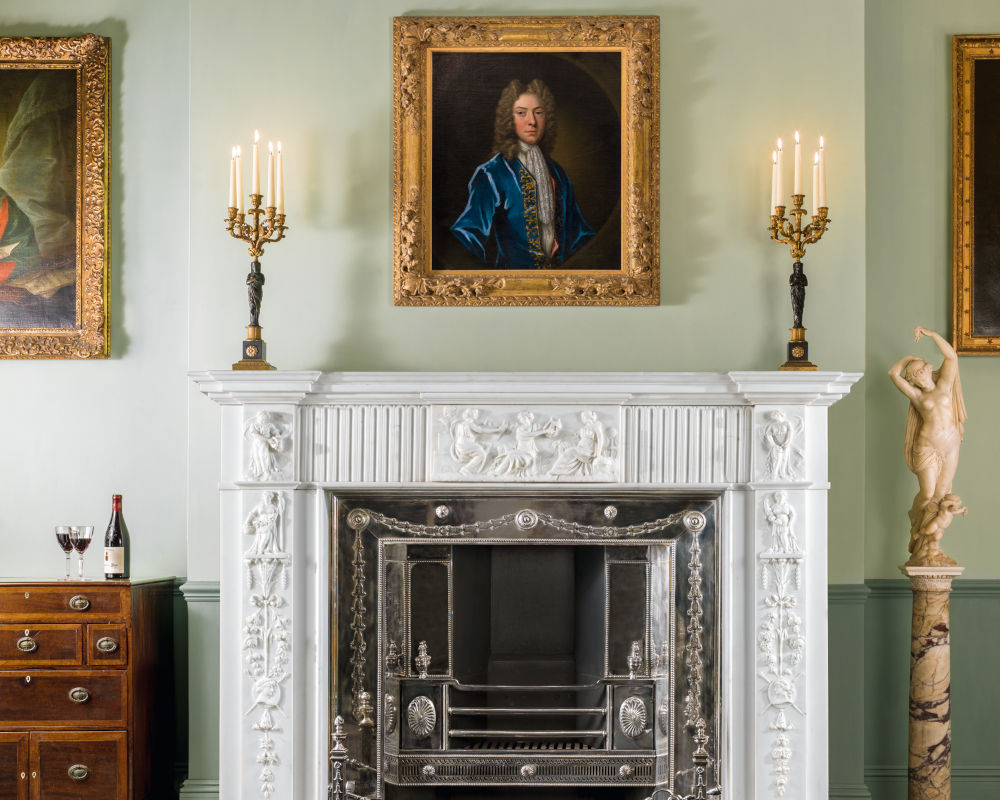
Find out whether the building is protected at the earliest stage, ahead of making any plans that you may have to alter further along. With regency properties, it may be more difficult to remove structural walls inside the property. And if it is listed it will be difficult to build extensions. You may be more limited in how you can reconfigure the space so bear this in mind before starting your renovation.
Make the most of original features
In a regency home, you will likely find original features such as wood panelling or ornate fireplaces, and when renovating, it is worth restoring these features to make the most of them. If you want to modernise aspects of the home, such as the décor, you can do this whilst ensuring that the more modern touches fit neatly alongside the original features of the property. This will bring out the beauty of the existing architectural design.
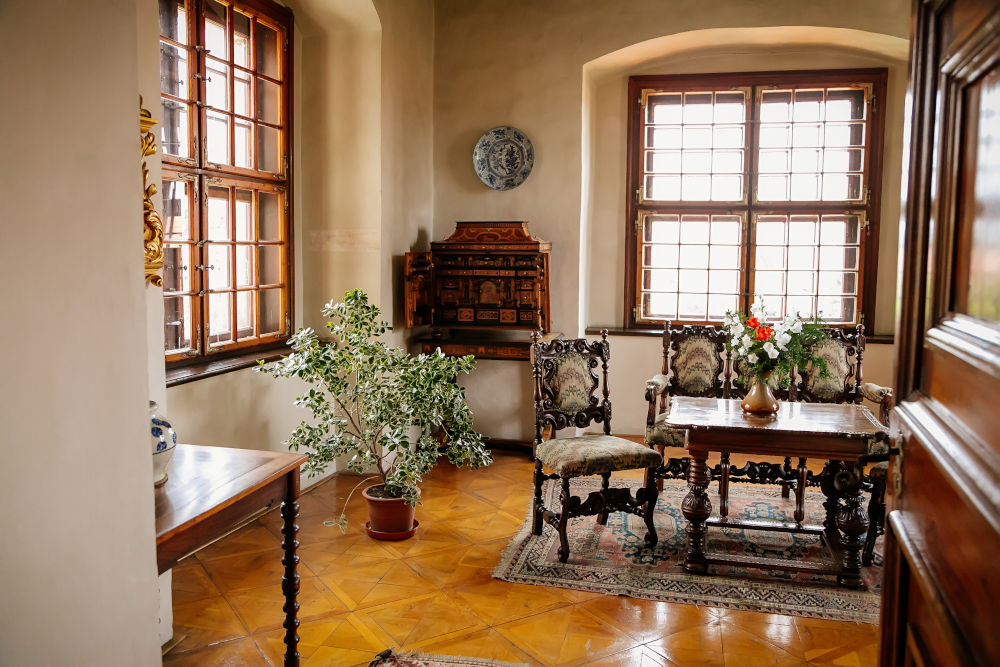
Decoration
Once the structural work is done, it is time to have fun with the decorative elements and, when decorating, you can be bold. The regency period was all about extravagance and grandeur, so her you have a chance to be daring with your choices.
Continental influences
Much of the regency period’s design influences came from grand tours carried out in this time. Travellers would return from trips abroad to the likes of China, Egypt and India with knowledge of the designs and architecture they had witnessed. The regency period is full of these influences as they then made their way into British consciousness.
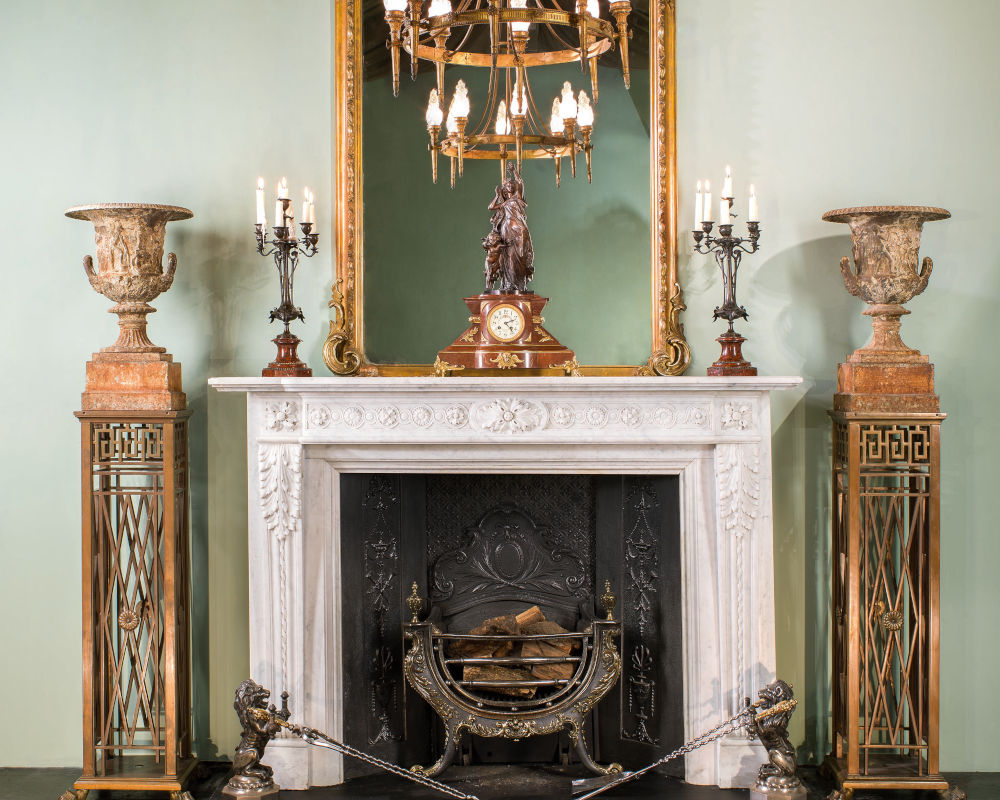
When decorating your regency home, you could make a statement with chinoiserie wallpaper. It was a popular feature of the period, influenced by Chinese art and seen in the regency-era Brighton Pavilion. Adding this wallpaper – which depicts Chinese domestic scenes – as a feature wall can liven up your space. Egyptian artefacts also became very popular in this time. Adding a statue or object such as a sphinx, inspired by Egypt, adds an authentic touch to your regency home.
Chaise longues
Chaise longues are a classy, elegant touch to any room and they are very in keeping with the regency period where they were a popular feature in houses. Perhaps you could position a Grecian couch with curved feet in your bedroom, or as an option to kick back, recline and relax in the living room. The Grecian style is a nod to the Greek influence present in much of the regency era design.
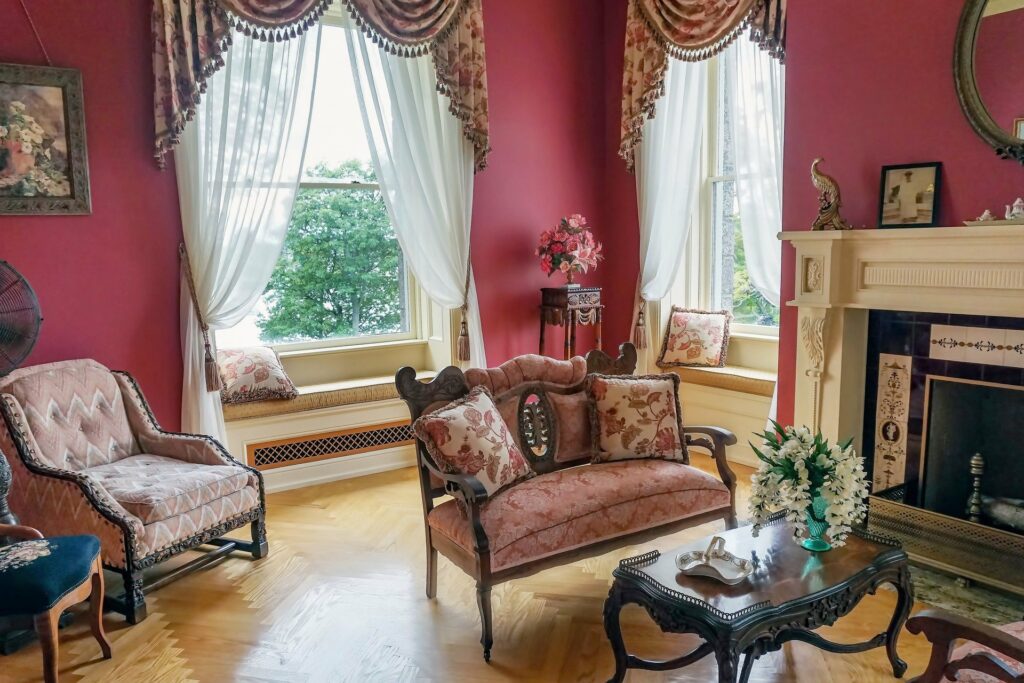
Antique furniture
Another way to make a statement when decorating your regency home is by investing in antique pieces of furniture from the period. Dark woods such as mahogany and rosewood were trendy, and in keeping with the ornate Regency style, the furniture is often gilded with carvings of animals such as winged lions, sphinxes and ram’s heads. The period tended towards extravagance and exoticism, so including such pieces in your renovation can elevate your design and invoke the real spirit of the period, making the original features sing even more.
The final word
There are some important steps before beginning renovations to any Regency property. It is important to know what you are taking on, how much it will cost and what changes are legally possible for you to make to the property should you wish to. Once you have the relevant facts, renovating the property can be a rich and joyful experience. The Regency period offers a wealth of choice when it comes to styles, colours and influences. You can choose the ones that speak to you most and fit your space, from the elegant and timeless regency stripe to a classic chaise longue, adding your unique touches to your regency home to get the perfect finish.












